The synthetic rubber market is one of the most strategically important markets for the domestic economy, so the merger of SIBUR and Tatarstan petrochemical operations, formerly part of TAIF, has become a crucial milestone for the local market. Today, manufacturers have to not only optimize their operations and product portfolios: the company helps partners to maintain the pace of development and builds new logistics chains.
“Synthetic rubber is shipped to over 60 countries. By virtue of long-term partnerships with major consumers and analytical agencies, we are now able to gain a global market perspective on the raw materials and substitute products,” says Larisa Bondar, Head of SIBUR’s Tire Rubbers product group. “Obviously, the current geopolitical situation has affected almost all continents. Less durable, sustainable, and sometimes completely disrupted logistics chains have urged an active search for alternative logistics routes and channels. It is a cooperative effort with our clients, that contributes significantly towards closer ties and engagement. Maintaining high utilization rates requires quick solutions, flexible, and sometimes unconventional approaches. The main focus now is to support local players.”
Relevant: product range and domestic market
The merger of the businesses is first of all a mix of opportunities (including products) that can complement each other or intertwine to fully address the market imbalance.
“The product portfolios of Nizhnekamskneftekhim and SIBUR’s legacy perimeter have different complementary items. By combining this portfolio, we can currently add value to our proposals,” said Aleksey Sboev, Head of Petrochemical Business Marketing at SIBUR (presently, Sales Director for Plastics and Organic Synthesis Products).
One of the priority tasks within the integrated framework was to benchmark the entire brand assortment. “The analysis sought to both assess the physical, mechanical, chemical properties, and evaluate how polymers mix with rubber blends,” says Larisa Bondar. “The performance of the new integrated portfolio is benchmarked against international analogues. This is a rather time and labor intensive process, which in the future will allow us to adequately address the needs of consumers and offer our customers the brands that facilitate development in line with the toughening end-user requirements.”
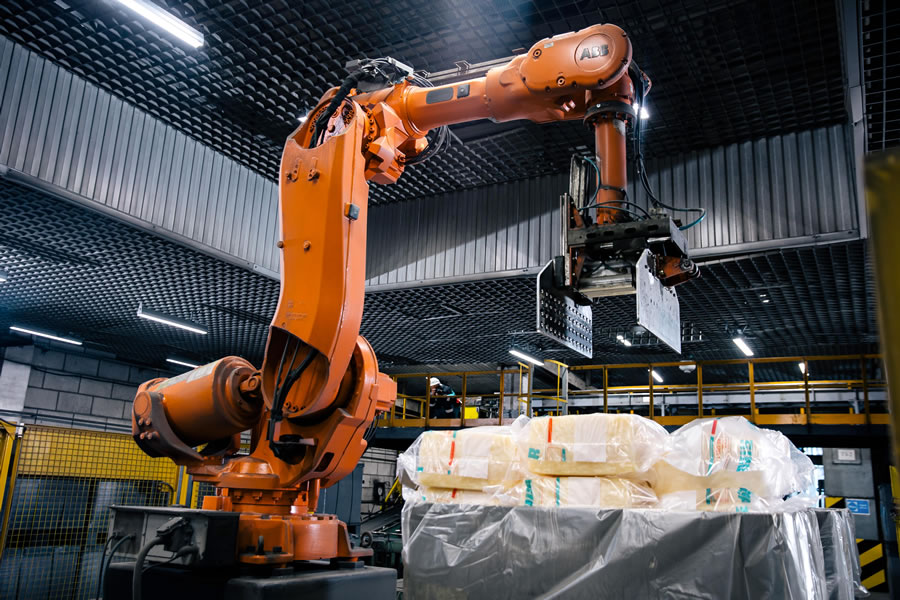
The next steps will be needs-based customer segmentation and development of the optimum offer package, consistent with the client’s objectives and brand assortment, so as to ensure that brands complement and not duplicate each other. This way it will be easier for the client to find the right mix of brands in the company’s vast portfolio to enable a comprehensive approach to the tasks at hand.
“As of today, we have done everything to support the utilization rates of both our customers’ tire plants and our own tire rubber operations, with order fulfillment close to 100%,” emphasizes Sergey Vishnevsky, Director for Synthetic Rubber Sales at SIBUR. “We are fully committed to deliver on our contractual obligations, sometimes to the detriment of our own economics. Crises subside, but long-term partnerships survive for a long time.”
Domestic market remains the main priority for the company, outranking the international contracts, that, particularly in Europe, are much dependent on feedstock from Russia
Sergey Vishnevsky notes that the domestic market remains the main priority for the company, outranking the international contracts, that, particularly in Europe, are much dependent on feedstock from Russia. Over the past few months, the main challenge here has been to ensure uninterrupted supplies. In Q1, we managed to stay on target, and even though April saw a significant rise in logistics rates, it was not critical to supply chain continuity.

With tire imports shrinking and several factories suspending their operations, the local tire manufacturers experienced a significant increase in demand for summer tires. Under these circumstances, SIBUR undertook to maximize the supplies of SSBR (solution styrene-butadiene rubber that can significantly improve rolling resistance) to the market in order to meet the needs of domestic producers and end consumers, while keeping the prices from escalating.
New rubber grades are being developed in cooperation with foreign partners: 18 are in progress, 5 are almost finalized, and another 20 are at the discussion stage
“Despite ongoing pressures, the company continues to support production development projects,” said Dmitry Khrichenko, head of the joint venture between SIBUR and Reliance Industries: Reliance Sibur Elastomers Private in India, and, in particular, the upgrade of halobutyl rubber production, which started before the merger at the Nizhnekamsk site. It is a technology-intensive type of rubber used in the production of tubeless tires. With their market expanding, halobutyl rubber is increasing in demand. The project will expand the company’s halobutyl rubber capacity from 150,000 tonnes to 200,000 tonnes per year.”
“SIBUR also supports the Safe and High-Quality Roads national project providing construction workers with SBS polymers to make modified bitumen, improving the operating period of road performance characteristics and durability,” says Ilya Osipov, Head of SBS Sales. “An important application of SBS polymers is the road surface markings, being an essential part of the roadways and an integral safety feature.”
Cooperation: new ideas
New rubber grades are being developed in cooperation with foreign partners: 18 are in progress, 5 are almost finalized, and another 20 are at the discussion stage.
“For example, we collaborate with one of the largest tire manufacturers on isoprene rubber: we choose a new catalytic system that will help not only improve the consumer-specific properties (including recyclability and fuel efficiency) but also produce a worthy competitor to natural rubber by virtue of enhanced microtexture, molecular characteristics, and, as before, stability and reproducibility of rubber properties. Once development of this new grade of rubber is finalized, we will be able to access a completely new market,” says Sergey Vishnevsky.
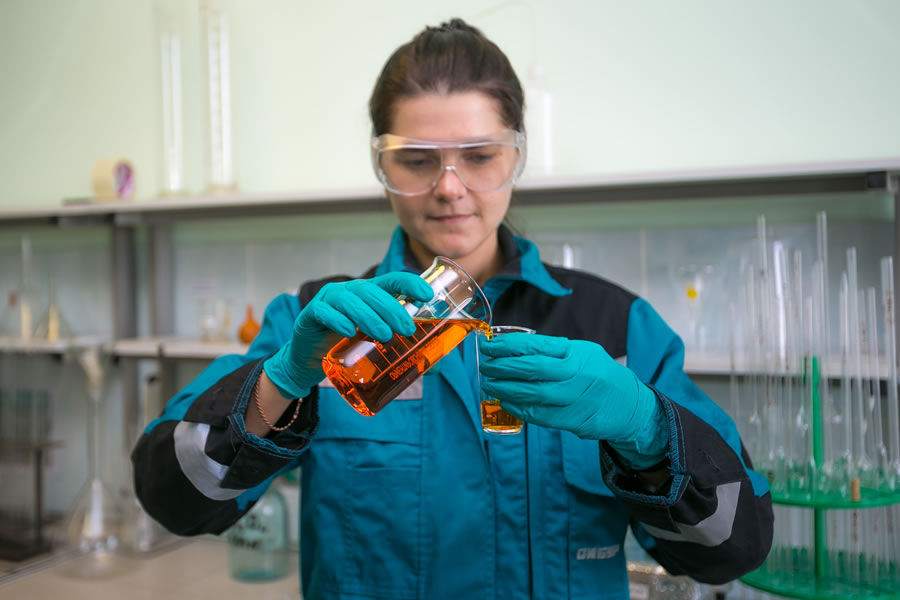
“Another example is the expansion of our SKD-Nd grade assortment supported by special premium brands developed at the Elastomers center and Nizhnekamskneftekhim RTC, combining excellent recyclability and high performance characteristics in tire treads and sidewalls not inferior to overseas analogues,” says Product Development Manager Vyacheslav Yevtushenko, SR Product Development. “The demand for such grades remains steady, reaching dozens of thousands of tonnes.”
One more interesting project is a workshop, held jointly with another large tire manufacturer, to develop divinyl-styrene synthetic rubber (the so-called ‘green’ rubber) used in tire treads and helping to substantially save on auto fuel or energy. “For the tire industry, in the long term, the ESG-driven trend to introduce environmentally friendly components in formulations, including ‘green’ rubbers, continues,” says Vyacheslav Yevtushenko. “Together with an interested innovation-oriented client, we have initiated the design of a green rubber composition.”
One more interesting project is a workshop, held jointly with another large tire manufacturer, to develop divinyl-styrene synthetic rubber (the so-called ‘green’ rubber)
Among the implemented developments, a notable addition to the company’s portfolio is the nitrile butadiene rubber latex for medical gloves. According to various feedback from our large customers in the CIS, our product has reached the level of global leaders in the latex industry. Right now, the Krasnoyarsk Synthetic Rubber Plant continues to implement a new high-performance technology to meet the growing demand of the domestic healthcare sector. A separate new and potentially strong line of business is the development of isoprene latexes for surgical gloves, done in partnership with the elastomeric R&D school at one of the technological universities.
Service: harmonization and diversity
The merger has greatly contributed to the harmonization of services, in particular, increased flexibility of goods delivery to the end customer. The company can offer an extended service option utilizing the infrastructure and a vast distribution network, choosing effective solutions in packaging and financial instruments within the legacy SIBUR and Nizhnekamskneftekhim perimeters.
For example, one of the services that the clients are already familiar with is a responsible storage warehouse that is a very helpful tool during logistics turmoils. There are also a number of financial instruments available to the company to support the client in every possible way.
A separate new and potentially strong line of business is the development of isoprene latexes for surgical gloves, done in partnership with the elastomeric R&D school at one of the technological universities
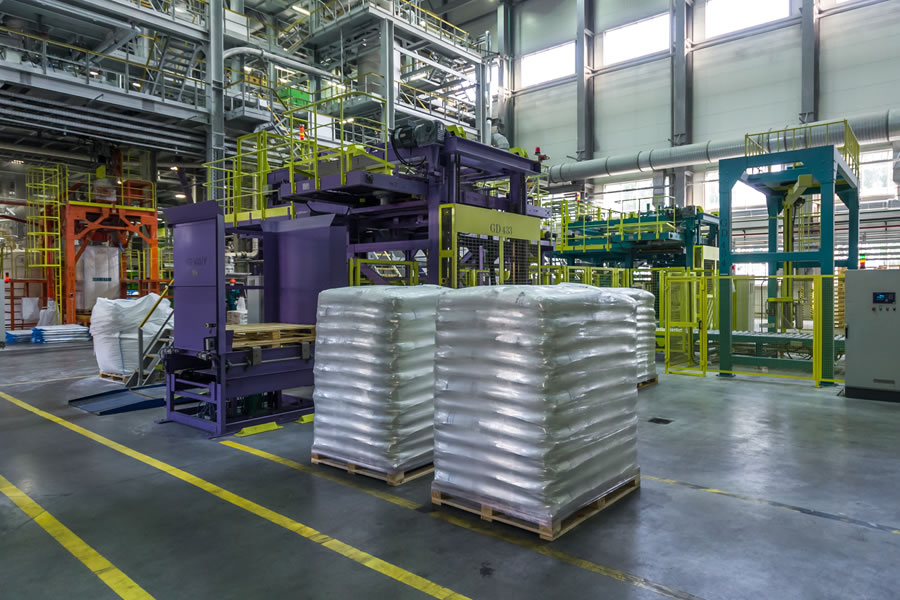
“Like everyone else, we are now encountering difficulties but do our best to deliver the products using all the delivery methods available: from traditional roads to sea, railway and multimodal transportation. Over the past two months, we have developed and substantially expanded the number of logistics routes offered to clients. We have arranged for transshipment storages in Belarus so that customers could pick up goods directly at European borders. We stay in touch with our key clients on a daily basis and, so far, none of their production lines have gone underutilized,” comments Sergey Vishnevsky.
The need for technical support of manufacturers nowadays is gaining significance. Rapid adjustment of formulations using analogues while maintaining the quality of the finished product, validation of the physical, mechanical and chemical properties of similar ingredients, laboratories engaged-to-order — these are new objectives and development goals for us. Having the capacity to address the client’s issues on the spot is another area that we are currently working on.
The merger has greatly contributed to the harmonization of services, in particular, increased flexibility of goods delivery to the end customer
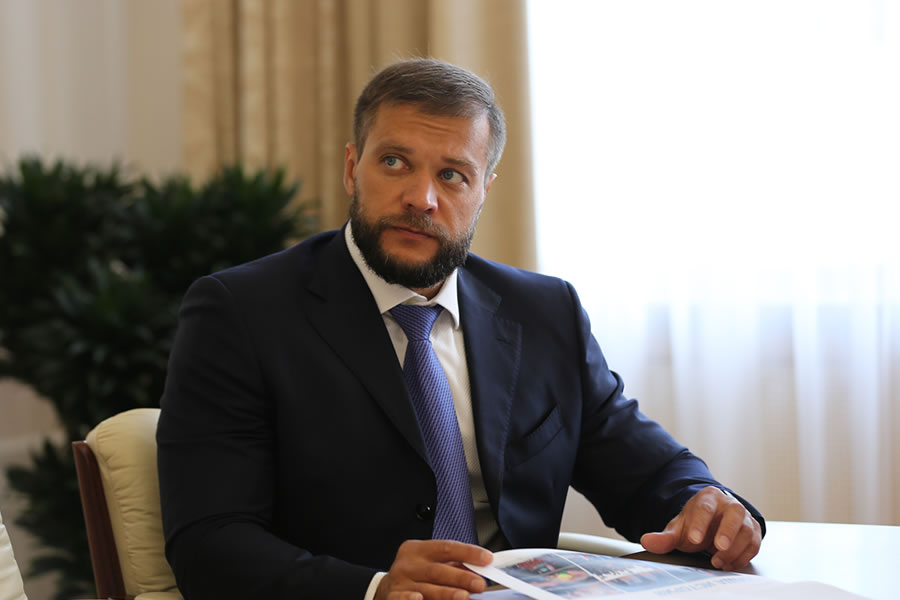
Timur Shigabutdinov,
Member of SIBUR LLC Management Board, Head of Synthetic Rubbers Directorate:
“Synthetic rubber is a unique product, so the synthetic rubber business is distinct and separate from other petrochemical industries. It requires special approaches and skills both in sales and promotion, which is associated with the applications of the product itself.
In SIBUR’s pre-integration perimeter, the rubber business was not considered to be a strategic priority. However, after the merger with TAIF, the situation changed, primarily because Nizhnekamskneftekhim, the largest rubber producer in Russia and the CIS, had joined the company. Today, the consolidated portfolio places SIBUR among the top five global rubber producers, both in terms of quantities and grades. By combining the know-how in new grades and optimizing the product range, we can create a unique brand proposition and offer the client a comprehensive product portfolio.
In addition, the long-term experience of Nizhnekamskneftekhim in the production of various types of rubbers, the R&D support for the process coupled with expertise of other production sites, SIBUR’s extensive competence in marketing and multiple commercial tools unlock enormous potential for promoting products in the new markets and boosting the sales margins. The level of additional services available to our clients has significantly improved in logistics, factoring and storage at European sites. Given that rubber is used in technology-intensive industries, such an integrated approach in terms of both the grade assortment and brand-specific service is highly valued by companies.
Our main task today is to maintain stable operations through steady sales and reliable logistics. In both fields, we strive to maintain relationships with our clients, to find ways for customer interactions in any particular format.
Until recently, with certain products, SIBUR accounted for up to 50% of the European market that used to be the main destination for our rubbers. Of course, the European players will not be able to quickly move away from the Russian brands. So, on the one hand, our clients remain somewhat flexible and look for solutions together with us. On the other hand, consumption and sales of our rubbers in the European market are falling, which will also become a major challenge for us in the near future. Therefore, we are already working on ways to re-channel the released volumes to other destinations. This is a lengthy process associated with homologation, logistics, and building customer relations at a new level. But certain decisions have already been made, and the work is in progress.”
The synthetic rubber market is one of the most strategically important markets for the domestic economy, so the merger of SIBUR and Tatarstan petrochemical operations, formerly part of TAIF, has become a crucial milestone for the local market. Today, manufacturers have to not only optimize their operations and product portfolios: the company helps partners to maintain the pace of development and builds new logistics chains.
“Synthetic rubber is shipped to over 60 countries. By virtue of long-term partnerships with major consumers and analytical agencies, we are now able to gain a global market perspective on the raw materials and substitute products,” says Larisa Bondar, Head of SIBUR’s Tire Rubbers product group. “Obviously, the current geopolitical situation has affected almost all continents. Less durable, sustainable, and sometimes completely disrupted logistics chains have urged an active search for alternative logistics routes and channels. It is a cooperative effort with our clients, that contributes significantly towards closer ties and engagement. Maintaining high utilization rates requires quick solutions, flexible, and sometimes unconventional approaches. The main focus now is to support local players.”
Relevant: product range and domestic market
The merger of the businesses is first of all a mix of opportunities (including products) that can complement each other or intertwine to fully address the market imbalance.
“The product portfolios of Nizhnekamskneftekhim and SIBUR’s legacy perimeter have different complementary items. By combining this portfolio, we can currently add value to our proposals,” said Aleksey Sboev, Head of Petrochemical Business Marketing at SIBUR (presently, Sales Director for Plastics and Organic Synthesis Products).
One of the priority tasks within the integrated framework was to benchmark the entire brand assortment. “The analysis sought to both assess the physical, mechanical, chemical properties, and evaluate how polymers mix with rubber blends,” says Larisa Bondar. “The performance of the new integrated portfolio is benchmarked against international analogues. This is a rather time and labor intensive process, which in the future will allow us to adequately address the needs of consumers and offer our customers the brands that facilitate development in line with the toughening end-user requirements.”

The next steps will be needs-based customer segmentation and development of the optimum offer package, consistent with the client’s objectives and brand assortment, so as to ensure that brands complement and not duplicate each other. This way it will be easier for the client to find the right mix of brands in the company’s vast portfolio to enable a comprehensive approach to the tasks at hand.
“As of today, we have done everything to support the utilization rates of both our customers’ tire plants and our own tire rubber operations, with order fulfillment close to 100%,” emphasizes Sergey Vishnevsky, Director for Synthetic Rubber Sales at SIBUR. “We are fully committed to deliver on our contractual obligations, sometimes to the detriment of our own economics. Crises subside, but long-term partnerships survive for a long time.”
Domestic market remains the main priority for the company, outranking the international contracts, that, particularly in Europe, are much dependent on feedstock from Russia
Sergey Vishnevsky notes that the domestic market remains the main priority for the company, outranking the international contracts, that, particularly in Europe, are much dependent on feedstock from Russia. Over the past few months, the main challenge here has been to ensure uninterrupted supplies. In Q1, we managed to stay on target, and even though April saw a significant rise in logistics rates, it was not critical to supply chain continuity.

With tire imports shrinking and several factories suspending their operations, the local tire manufacturers experienced a significant increase in demand for summer tires. Under these circumstances, SIBUR undertook to maximize the supplies of SSBR (solution styrene-butadiene rubber that can significantly improve rolling resistance) to the market in order to meet the needs of domestic producers and end consumers, while keeping the prices from escalating.
New rubber grades are being developed in cooperation with foreign partners: 18 are in progress, 5 are almost finalized, and another 20 are at the discussion stage
“Despite ongoing pressures, the company continues to support production development projects,” said Dmitry Khrichenko, head of the joint venture between SIBUR and Reliance Industries: Reliance Sibur Elastomers Private in India, and, in particular, the upgrade of halobutyl rubber production, which started before the merger at the Nizhnekamsk site. It is a technology-intensive type of rubber used in the production of tubeless tires. With their market expanding, halobutyl rubber is increasing in demand. The project will expand the company’s halobutyl rubber capacity from 150,000 tonnes to 200,000 tonnes per year.”
“SIBUR also supports the Safe and High-Quality Roads national project providing construction workers with SBS polymers to make modified bitumen, improving the operating period of road performance characteristics and durability,” says Ilya Osipov, Head of SBS Sales. “An important application of SBS polymers is the road surface markings, being an essential part of the roadways and an integral safety feature.”
Cooperation: new ideas
New rubber grades are being developed in cooperation with foreign partners: 18 are in progress, 5 are almost finalized, and another 20 are at the discussion stage.
“For example, we collaborate with one of the largest tire manufacturers on isoprene rubber: we choose a new catalytic system that will help not only improve the consumer-specific properties (including recyclability and fuel efficiency) but also produce a worthy competitor to natural rubber by virtue of enhanced microtexture, molecular characteristics, and, as before, stability and reproducibility of rubber properties. Once development of this new grade of rubber is finalized, we will be able to access a completely new market,” says Sergey Vishnevsky.

“Another example is the expansion of our SKD-Nd grade assortment supported by special premium brands developed at the Elastomers center and Nizhnekamskneftekhim RTC, combining excellent recyclability and high performance characteristics in tire treads and sidewalls not inferior to overseas analogues,” says Product Development Manager Vyacheslav Yevtushenko, SR Product Development. “The demand for such grades remains steady, reaching dozens of thousands of tonnes.”
One more interesting project is a workshop, held jointly with another large tire manufacturer, to develop divinyl-styrene synthetic rubber (the so-called ‘green’ rubber) used in tire treads and helping to substantially save on auto fuel or energy. “For the tire industry, in the long term, the ESG-driven trend to introduce environmentally friendly components in formulations, including ‘green’ rubbers, continues,” says Vyacheslav Yevtushenko. “Together with an interested innovation-oriented client, we have initiated the design of a green rubber composition.”
One more interesting project is a workshop, held jointly with another large tire manufacturer, to develop divinyl-styrene synthetic rubber (the so-called ‘green’ rubber)
Among the implemented developments, a notable addition to the company’s portfolio is the nitrile butadiene rubber latex for medical gloves. According to various feedback from our large customers in the CIS, our product has reached the level of global leaders in the latex industry. Right now, the Krasnoyarsk Synthetic Rubber Plant continues to implement a new high-performance technology to meet the growing demand of the domestic healthcare sector. A separate new and potentially strong line of business is the development of isoprene latexes for surgical gloves, done in partnership with the elastomeric R&D school at one of the technological universities.
Service: harmonization and diversity
The merger has greatly contributed to the harmonization of services, in particular, increased flexibility of goods delivery to the end customer. The company can offer an extended service option utilizing the infrastructure and a vast distribution network, choosing effective solutions in packaging and financial instruments within the legacy SIBUR and Nizhnekamskneftekhim perimeters.
For example, one of the services that the clients are already familiar with is a responsible storage warehouse that is a very helpful tool during logistics turmoils. There are also a number of financial instruments available to the company to support the client in every possible way.
A separate new and potentially strong line of business is the development of isoprene latexes for surgical gloves, done in partnership with the elastomeric R&D school at one of the technological universities

“Like everyone else, we are now encountering difficulties but do our best to deliver the products using all the delivery methods available: from traditional roads to sea, railway and multimodal transportation. Over the past two months, we have developed and substantially expanded the number of logistics routes offered to clients. We have arranged for transshipment storages in Belarus so that customers could pick up goods directly at European borders. We stay in touch with our key clients on a daily basis and, so far, none of their production lines have gone underutilized,” comments Sergey Vishnevsky.
The need for technical support of manufacturers nowadays is gaining significance. Rapid adjustment of formulations using analogues while maintaining the quality of the finished product, validation of the physical, mechanical and chemical properties of similar ingredients, laboratories engaged-to-order — these are new objectives and development goals for us. Having the capacity to address the client’s issues on the spot is another area that we are currently working on.
The merger has greatly contributed to the harmonization of services, in particular, increased flexibility of goods delivery to the end customer

Timur Shigabutdinov,
Member of SIBUR LLC Management Board, Head of Synthetic Rubbers Directorate:
“Synthetic rubber is a unique product, so the synthetic rubber business is distinct and separate from other petrochemical industries. It requires special approaches and skills both in sales and promotion, which is associated with the applications of the product itself.
In SIBUR’s pre-integration perimeter, the rubber business was not considered to be a strategic priority. However, after the merger with TAIF, the situation changed, primarily because Nizhnekamskneftekhim, the largest rubber producer in Russia and the CIS, had joined the company. Today, the consolidated portfolio places SIBUR among the top five global rubber producers, both in terms of quantities and grades. By combining the know-how in new grades and optimizing the product range, we can create a unique brand proposition and offer the client a comprehensive product portfolio.
In addition, the long-term experience of Nizhnekamskneftekhim in the production of various types of rubbers, the R&D support for the process coupled with expertise of other production sites, SIBUR’s extensive competence in marketing and multiple commercial tools unlock enormous potential for promoting products in the new markets and boosting the sales margins. The level of additional services available to our clients has significantly improved in logistics, factoring and storage at European sites. Given that rubber is used in technology-intensive industries, such an integrated approach in terms of both the grade assortment and brand-specific service is highly valued by companies.
Our main task today is to maintain stable operations through steady sales and reliable logistics. In both fields, we strive to maintain relationships with our clients, to find ways for customer interactions in any particular format.
Until recently, with certain products, SIBUR accounted for up to 50% of the European market that used to be the main destination for our rubbers. Of course, the European players will not be able to quickly move away from the Russian brands. So, on the one hand, our clients remain somewhat flexible and look for solutions together with us. On the other hand, consumption and sales of our rubbers in the European market are falling, which will also become a major challenge for us in the near future. Therefore, we are already working on ways to re-channel the released volumes to other destinations. This is a lengthy process associated with homologation, logistics, and building customer relations at a new level. But certain decisions have already been made, and the work is in progress.”







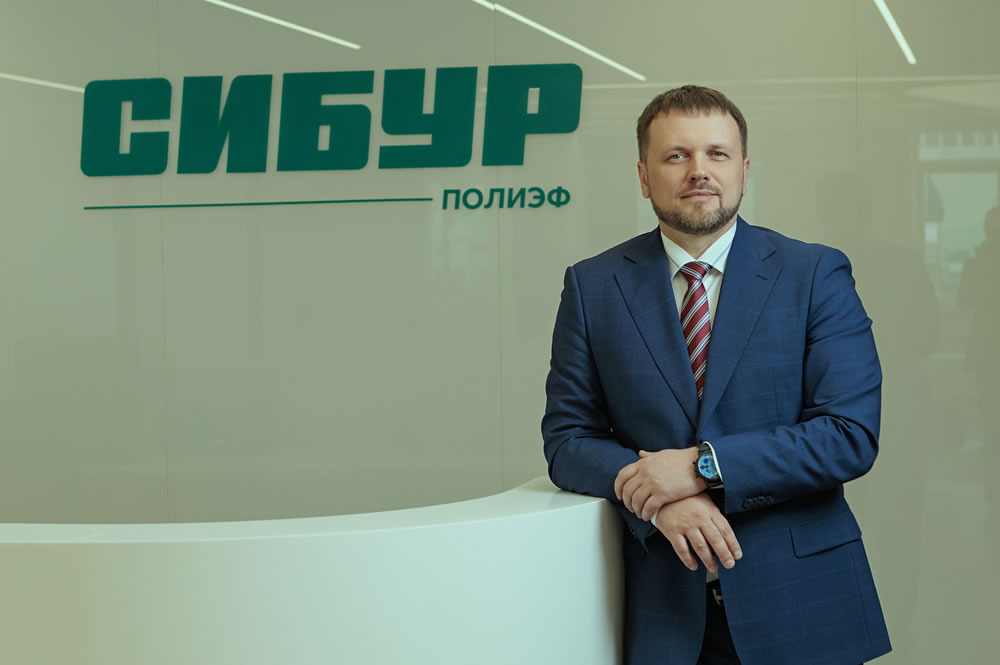


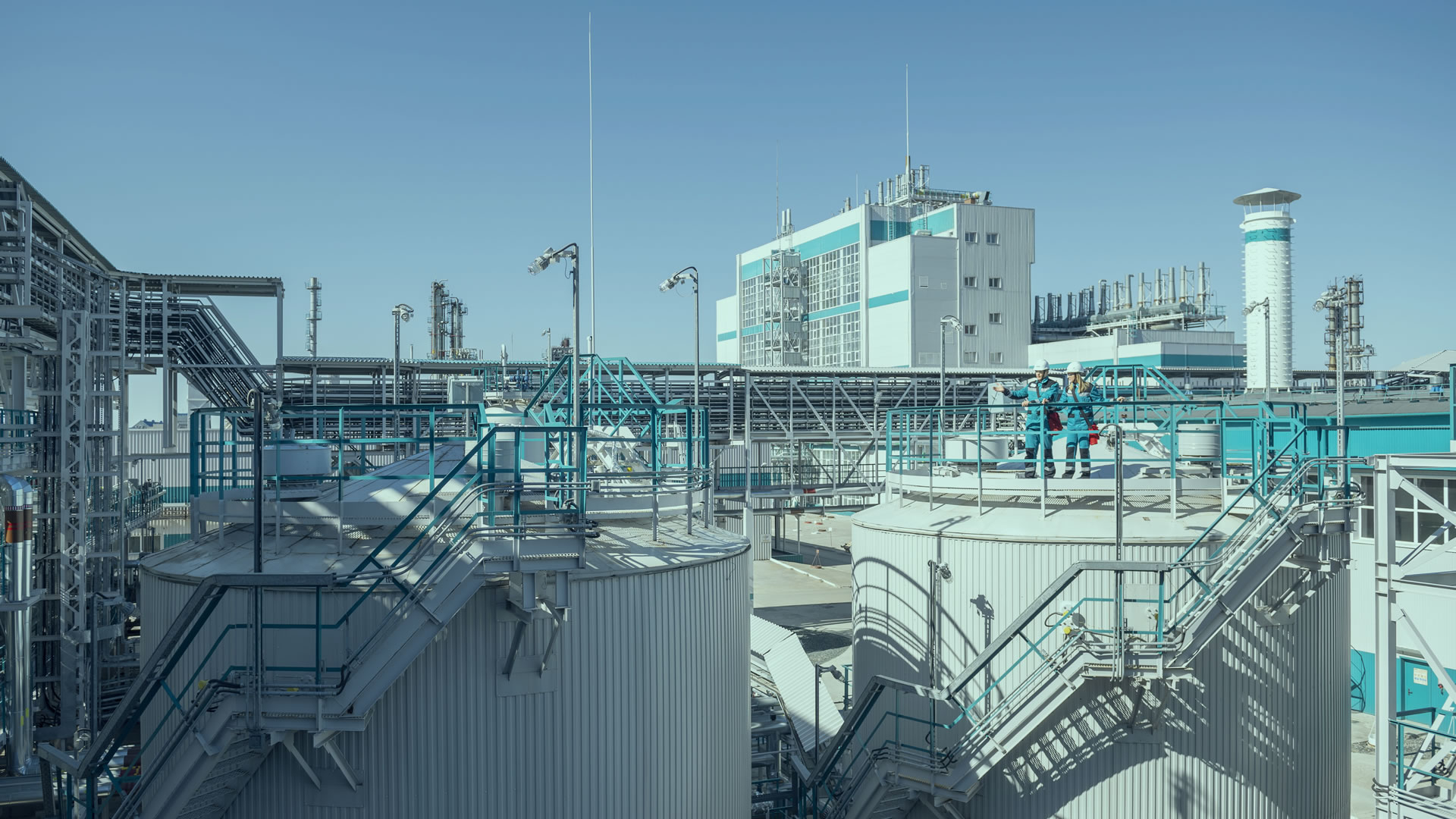
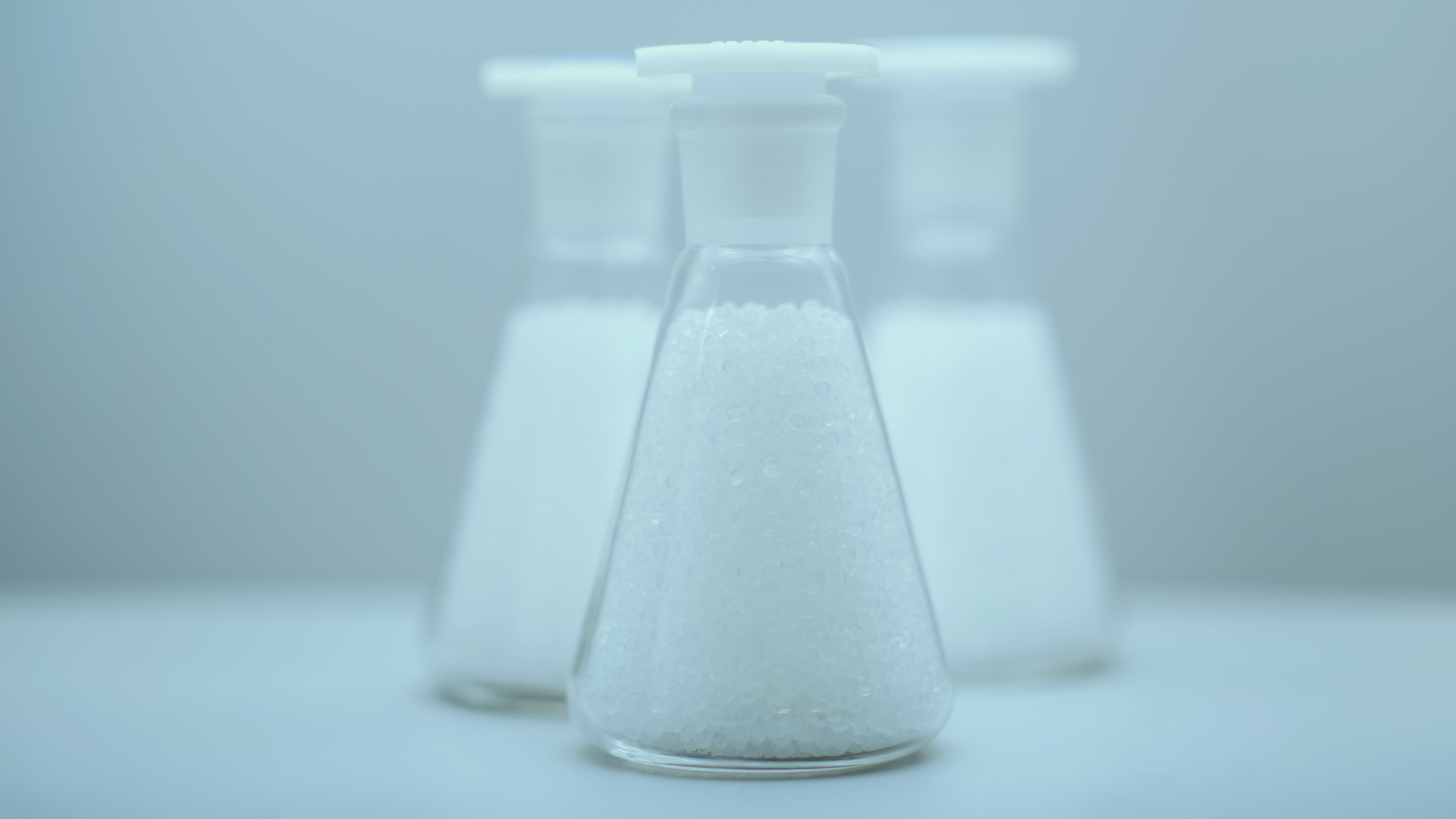







Comments (0)